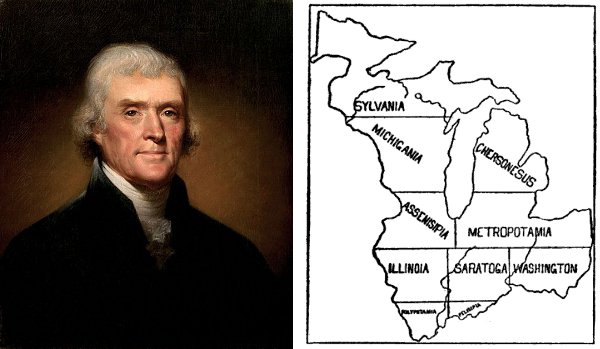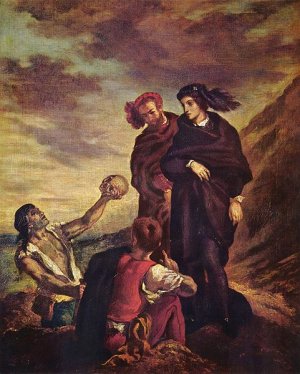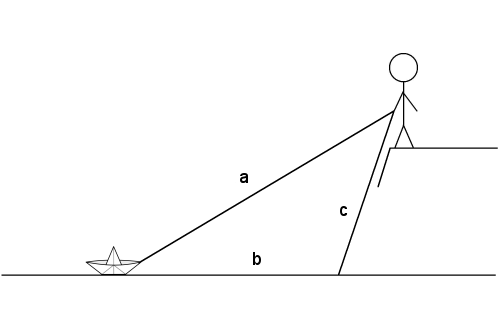James Grainger (1721–1766) had a lot to say about growing sugarcane — unfortunately, he chose to say it in poetry:
Whether the fattening compost, in each hole,
‘Tis best to throw; or, on the surface spread,
Is undetermin’d: Trials must decide.
Unless kind rains and fostering dews descend,
To melt the compost’s fertilizing salts;
A stinted plant, deceitful of thy hopes,
Will from those beds slow spring where hot dung lies:
But, if ’tis scatter’d generously o’er all,
The Cane will better bear the solar blaze;
Less rain demand; and, by repeated crops,
Thy land improv’d, its gratitude will show.
Grainger’s 1764 epic “Sugar-Cane” runs on for an excruciating 162 pages, with footnotes, waxing lyrical over every aspect of cane farming, from climate to pest control. James Boswell told Samuel Johnson that a reading of the poem at Sir Joshua Reynolds’ “had made all the assembled wits burst into a laugh when, after much blank verse pomp, the poet began a new paragraph thus:
“‘Now, Muse, let’s sing of rats.’
“And what increased the ridicule was, that one of the company, who slyly overlooked the reader, perceived that the word had been originally mice, and had been altered to rats, as more dignified.”




